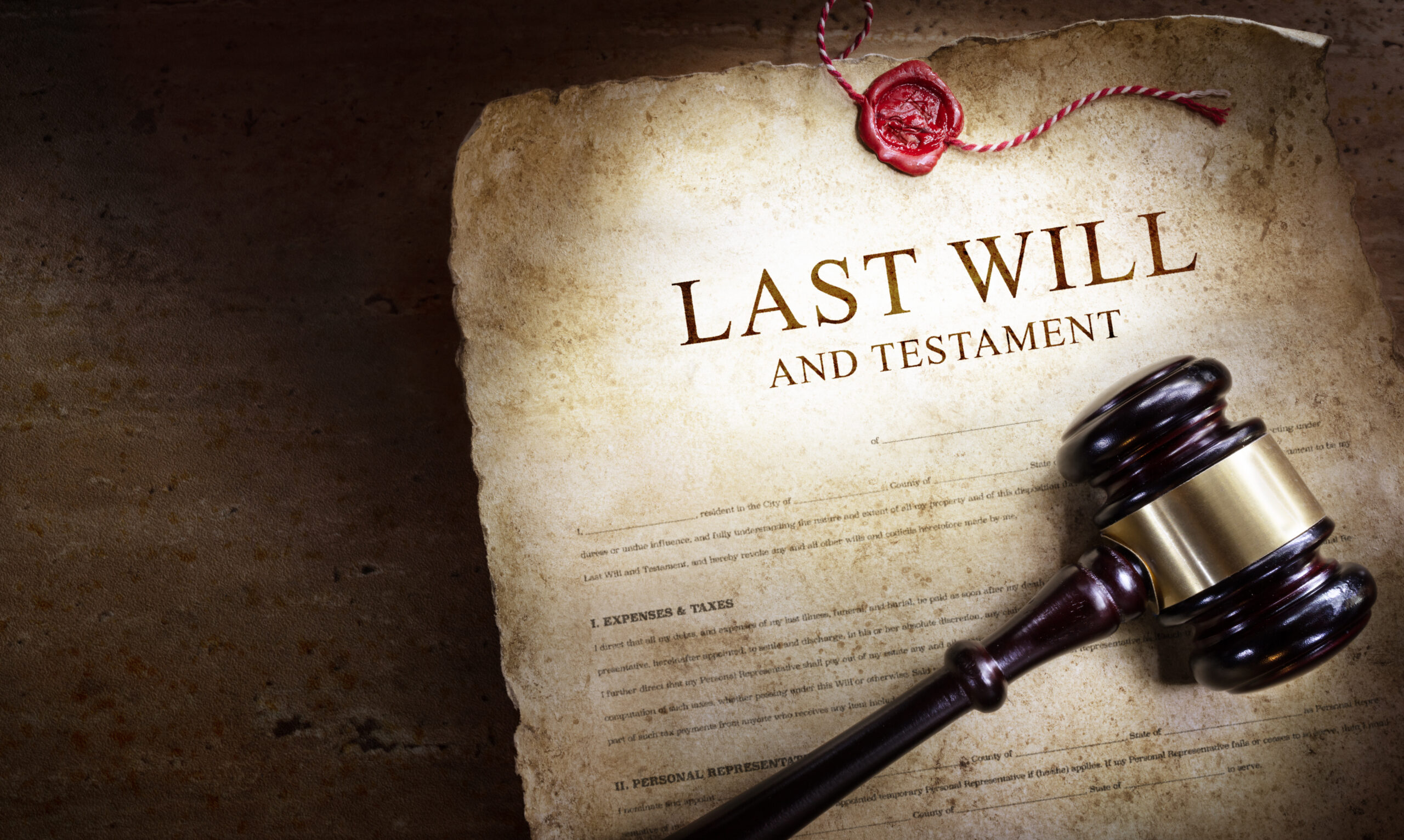The Value of a Legacy

Whether referred to as ‘gifts in wills’ or ‘legacies’ in the English language, the donations made to charity upon someone’s death are a vital source of income for thousands of charities across the world.
Indeed, we have our own ‘Your Legacy: Your Light’ appeal to ask our supporters if they’d consider leaving a gift in their will to Encephalitis International.
But when it comes to attributing the value of a legacy, there is no doubt that they are worth much more than the numbers reveal.
The word legacy comes from the Latin ‘legatum’ meaning ‘a bequest’ or ‘something left behind’.
In other languages, the equivalent term historically referred to land and treasure, but also the likes of songs and dances. Culture and heritage, as well as material possessions, were considered worthwhile legacies to be passed down through generations.
The value of choice…
The concept of protecting what you value after you’re gone is historically evident worldwide, yet the ability to truly choose your beneficiaries is a much more modern concept.
The lawmaker and poet, Solon (who lived in Athens, c. 630 – c. 560 BC), introduced a document largely considered the first version of what we recognise as a ‘will’ today. This allowed men to legally pass on their estate to another man of their choosing, should they die without a son.
Despite this, the trend for inheritance by succession – benefiting the next male heir – continued to be the norm across Ancient Greece, throughout the Roman Empire and was apparent here in the UK until the reign of Henry VIII.

When the Statute of Wills was passed in 1540, men were given the freedom to pass on property to anyone they chose – no longer restricted to following family lines and the feudal system.
Previously, it was difficult to disinherit heirs unless they had committed serious misconduct. This change inspired similar legal systems to be adopted worldwide.
Changes to legislation that allowed women to legally own property – therefore having a ‘right’ to write a will and a legal choice of who would benefit from it – took until the nineteenth century to arrive in the UK, much of Europe, the USA and Australia. However, it’s still a reform that many women are fighting for in certain countries, especially in the Middle East, North Africa and South Asia.
The value of charity…
With major shifts in who could benefit from legacies, came major benefits for charities. Today, leaving a gift of money to charity is not considered out of the ordinary. Smee & Ford’s Legacy Giving Report 2025 shows that the number of people who say they have written a charitable will has risen by 43% over the last decade.

One in five individuals claim they have left a legacy gift to benefit one or more non-profit organisations.
Legacy income for UK charities is forecast to exceed £5bn by 2030, £7.5bn by 2040 and £11bn by 2050. For many charities worldwide, donations from legacies account for a considerable proportion of their income and therefore fund vital services.
Smee & Ford’s report states:
“Legacy gifts now make up an average of 30% of fundraised income across the top 1,000 legacy supported charities, with some sectors such as animal, conservation, and disability charities seeing figures as high as 50%.”
The value to Encephalitis International…
Legacy giving has been integral to Encephalitis International’s growth. Over the past few years, we have received significant legacies that have enabled our work raising awareness, driving research and supporting people impacted by this condition.
In 2024, we received an £80,000 legacy towards our research work. This supported initiatives including:
- our first Academic Clinical Fellowship – investigating the impact of Covid-19 and encephalitis.
- our collaboration with the American Brain Foundation’s Cure One: Cure Many Award – a $5.4 million initiative to combatting neuroinflammatory diseases.
- seed-funding projects in low to middle income countries – developing localised solutions to inform better diagnostics and treatments globally.

We appreciate that a legacy gift represents not only a person’s physical possessions or money, but the long-lasting impact of their actions, behaviours or values.
We understand that for many of our supporters who have given or pledged a legacy gift, the idea of leaving behind a positive reputation and impact that endures beyond their lifetime is a huge motivation. Many also like to leave a donation in memory of a loved one, because they supported our work or benefited from our services.
“Whatever the monetary value of each legacy gift we’ve been given, the choice made by the donor is invaluable to us. At Encephalitis International, we promise to honour these heartfelt donations and look to maximise their value with integrity and dedication to our mission.”
If you would like to help us secure our future: saving lives, accelerating awareness and driving research, you can find out more about leaving a legacy, including our Free Will Writing Service provided by Farewill (available to UK residents).
For an overview of legacies, answering frequently asked questions, you can read our blog post: The What, Why, When and Where of Will Writing.
